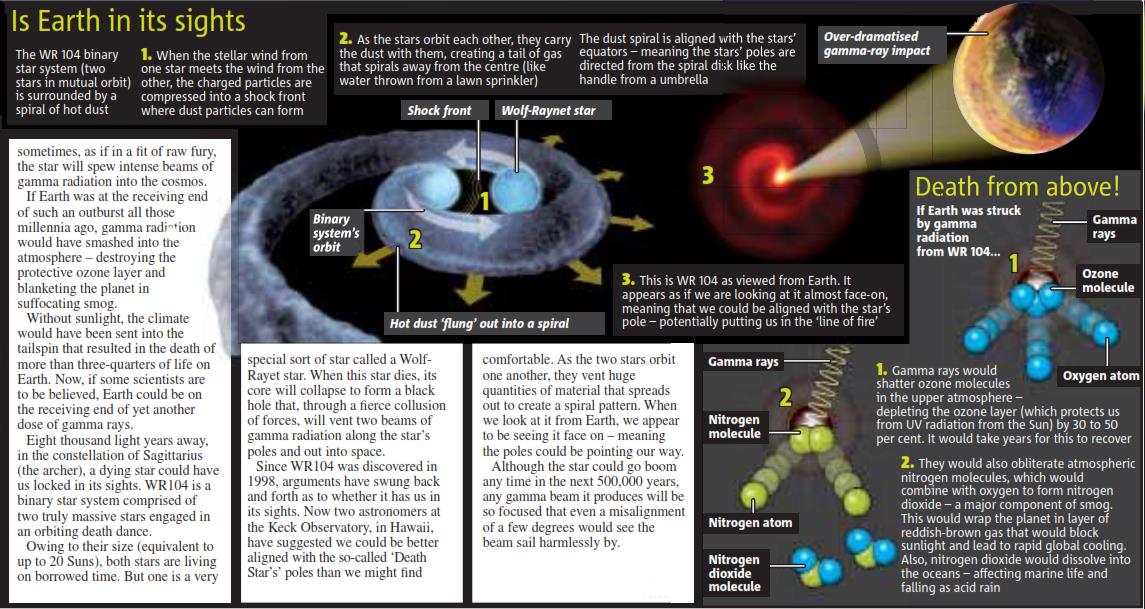Prototype & Development - Aircraft
Venus Aerospace unveils its new dart-like Mach 9 hypersonic plane design
Study
Research
Main Index
Space Cosmology
Science Research
*
About
Science Research
Science Theories
Desk
Site Map
BookShelf
Copyright © by Nigel G Wilcox · All Rights reserved · E-Mail: ngwilcox100@gmail.com
Designed by Nigel G Wilcox
Powered By AM3L1A
Pages within this section:
Pages:
Sub-Menu
2
3
4
5
6
8
7
1
Venus Aerospace unveils its new dart-like Mach 9 hypersonic plane design
By Jeff Spry
"Deep Tech" startup Venus Aerospace's "Stargazer" aircraft is claimed to be capable of circling Earth in one hour.
An artist's illustration of the Venus Aerospace Stargazer hypersonic aircraft concept in flight. (Image credit: Venus Aerospace)
Hypersonic technology is all the rage right now, though the specific concepts and applications are hardly anything new. However, that's not stopping the mad rush of aerospace firms from attempting to inject hypersonic capabilities into everything from missiles to airplanes to space planes and beyond.
Even Hollywood recently dipped its toes into the super-speed game by enlisting Lockheed Martin's legendary Skunk Works to help develop their fictional hypersonic jet for the "Top Gun: Maverick" blockbuster.
Ambitious startup Venus Aerospace recently joined the growing crowd of firms attempting to achieve hypersonic flight when they unveiled their revolutionary "Stargazer" concept vehicle at the UP.Summit Bentonville, Arkansas.
Formed in 2017, the UP.Summit is an exclusive, invitation-only gathering that lures a wide range of corporate CEOs, innovative startup founders, visionary investors, and deep-pocket capital allocators with over $1 trillion in potential funding assets on tap.
The "Stargazer," is the Houston, Texas-based company’s first conceptual hypersonic vehicle out of the gate and its futuristic needle-nosed shape is certainly a radical departure from most passenger aircraft.
"Stargazer" was imagined as a next-generation Mach 9 hypersonic drone as well as a Mach 9 crewed aircraft, and both variants are hypothetically capable of taking a quick spin around Earth in about one hour. Hypersonic planes of this nature would take off from a conventional airport at subsonic speeds before streaking into the wild blue yonder to just the edge of outer space (170,000 feet, or 51,816 meters) while in hypersonic mode.
The aircraft's proposed dimensions are 100 feet (30.5 m) wide by 150 feet (46 m) long when an actual physical mockup is constructed. The "Stargazer" will tip the scales at 150,000 pounds (68,039 kilograms) and have room to seat a maximum of 12 passengers.
Venus Aerospace was founded just two years ago by Sarah "Sassie" Duggleby and Dr. Andrew Duggleby. Their main goal for this sleek craft that could hypothetically reach velocities of nearly 7,000 mph (11,000 kph) is to whisk ticket-holders to their destinations in record-breaking time while being also seriously eco-friendly.

An artist's depiction of Venus Aerospace's Stargazer, a hypersonic plane. (Image credit: Venus Aerospace)
This new aerospace player has already obtained $33 million in private investor funding, which includes major venture capitalist investments, and an additional $1 million in government cash. Venus has also bolstered their balance sheet by recently announcing $20 million more raised in a Series A offering led by Prime Movers Lab, a venture capital firm that invests in breakthrough scientific startups.
Details as to the type of environmentally-conscious fuel the "Stargazer" will guzzle has not been revealed yet as the hypersonic craft is still in the early stages of conception, nor have certain questions over noise pollution been answered.
"We worked with NASA at the Johnson Space Center and were able to access the information from the sonic boom testing from the space shuttle program," Duggleby said in a Flying interview(opens in new tab). "We determined that at altitude and speed flying you will not be able to hear us — we will be flying at 170,000 feet at Mach 9."
With an optimistic game plan underway, Venus has already developed and built a technology demonstration engine and has conducted pivotal tests inside hypersonic wind tunnels and propulsion labs around the country. The company hopes to start subsonic and supersonic drone testing next year.
9












